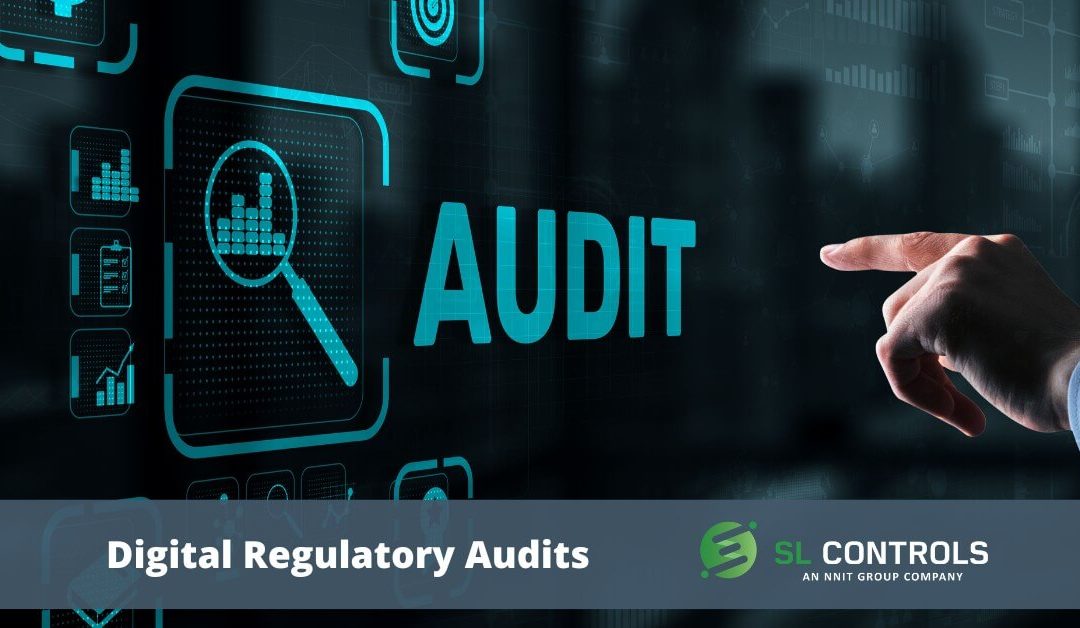In today’s digital-first world, having a strong online presence is critical for businesses. However, staying competitive requires more than just a website or social media account. A digital audit is the ultimate way to assess your online assets, identify areas for improvement, and ensure your digital strategy aligns with your business goals.
This article explores what a digital audit entails, its benefits, and how you can perform one to boost your business’s online performance.
What Is a Digital Audit?
A digital audit is a comprehensive analysis of a company’s online presence, including its website, social media, SEO, content, paid advertising, and overall digital strategy. The goal is to evaluate performance, uncover inefficiencies, and identify opportunities for improvement.
Key Elements of a Digital Audit
- Website Performance: Speed, user experience, mobile-friendliness, and functionality.
- Search Engine Optimization (SEO): Keyword rankings, backlinks, and technical SEO.
- Content Strategy: Quality, relevance, and consistency of digital content.
- Social Media Presence: Engagement, audience reach, and branding.
- Paid Advertising: ROI from PPC campaigns or social media ads.
- Analytics and Metrics: Use of tools like Google Analytics to track performance.
Why Is a Digital Audit Important?
Optimize Digital Assets
A digital audit ensures all online channels work cohesively, maximizing your digital assets’ effectiveness.
Improve SEO Rankings
By identifying and addressing technical SEO issues, a digital audit helps improve search engine rankings and organic traffic.
Enhance User Experience
Auditing your website and social media ensures a seamless and engaging experience for users.
Increase ROI
Evaluate paid advertising and content marketing to ensure you’re getting the most value for your investment.
Stay Competitive
A digital audit helps you benchmark your performance against competitors and adapt to industry trends.
How to Perform a Digital Audit
Define Your Goals
Start by identifying what you want to achieve with your audit. Are you focusing on increasing website traffic, improving conversions, or refining your social media strategy?
Assess Your Website
Analyze your website for:
- Speed and Performance: Use tools like Google PageSpeed Insights to measure load times.
- Mobile Optimization: Ensure your site is mobile-friendly and responsive.
- Navigation and Design: Check for intuitive menus and user-friendly layouts.
Analyze SEO
Evaluate your search engine optimization efforts:
- Keyword Rankings: Identify which keywords drive traffic and which need improvement.
- Backlinks: Use tools like Ahrefs or SEMrush to audit your link profile.
- Technical SEO: Check for broken links, duplicate content, and crawlability issues.
Review Content Performance
Examine your content for:
- Relevance: Ensure your content aligns with your audience’s needs.
- Engagement Metrics: Track views, shares, and time spent on pages.
- Consistency: Maintain a regular posting schedule and a consistent tone of voice.
Audit Social Media
Analyze your social media channels:
- Engagement Levels: Track likes, comments, shares, and follower growth.
- Content Strategy: Evaluate the quality and frequency of posts.
- Brand Consistency: Ensure visuals, tone, and messaging align across platforms.
Evaluate Paid Advertising
Review your paid campaigns:
- Performance Metrics: Track clicks, conversions, and ROI.
- Targeting: Ensure your ads reach the right audience.
- Budget Allocation: Optimize your ad spend for better results.
Leverage Analytics Tools
Use tools like Google Analytics, SEMrush, and Hootsuite to gather insights about your digital performance.
Create an Action Plan
Summarize your findings and outline actionable steps to address weaknesses and capitalize on opportunities.
Tools to Conduct a Digital Audit
ToolPurposeGoogle AnalyticsTracks website traffic and user behavior.SEMrushAnalyzes SEO, keywords, and backlinks.Google PageSpeed InsightsMeasures website speed and performance.HootsuiteAudits social media engagement.Moz ProEvaluates SEO and domain authority.HotjarTracks user behavior on your website.Benefits of a Digital Audit
Better Decision-Making
Provides data-driven insights to help refine your digital strategy.
Increased Visibility
Boosts your online presence by improving SEO, content, and social media performance.
Higher Conversions
Enhances user experience and marketing efforts to convert more leads into customers.
Cost Savings
Identifies underperforming campaigns, allowing you to reallocate your budget for better results.
Common Mistakes to Avoid During a Digital Audit
- Skipping Mobile Optimization: Neglecting mobile users can hurt traffic and conversions.
- Focusing Only on SEO: A digital audit should cover all aspects of your online presence, not just search engine performance.
- Ignoring Data Insights: Failing to act on analytics data reduces the audit’s effectiveness.
- Overlooking Competitor Analysis: Comparing your performance with competitors can reveal valuable insights.
Conclusion
A digital audit is a powerful way to evaluate your online presence, uncover inefficiencies, and refine your digital strategy for better results. By systematically analyzing your website, SEO, content, social media, and paid campaigns, you can make data-driven decisions to enhance your business’s performance in the digital landscape.
Ready to take your online presence to the next level? Conduct a digital audit today and unlock your full potential!
FAQs
1. What is a digital audit?
A digital audit is an evaluation of your online presence, including your website, social media, SEO, and digital marketing efforts.
2. How often should I perform a digital audit?
Ideally, a digital audit should be conducted every 6–12 months or whenever you make significant changes to your digital strategy.
3. How long does a digital audit take?
The time required depends on the scope of the audit, but most audits take 1–2 weeks to complete thoroughly.
4. Can I perform a digital audit myself?
Yes, small businesses can perform basic audits using tools like Google Analytics. However, professional audits provide deeper insights.
5. What’s the cost of a professional digital audit?
Costs vary based on the scope, but professional audits typically range from £500 to £5,000, depending on the size of your business.

